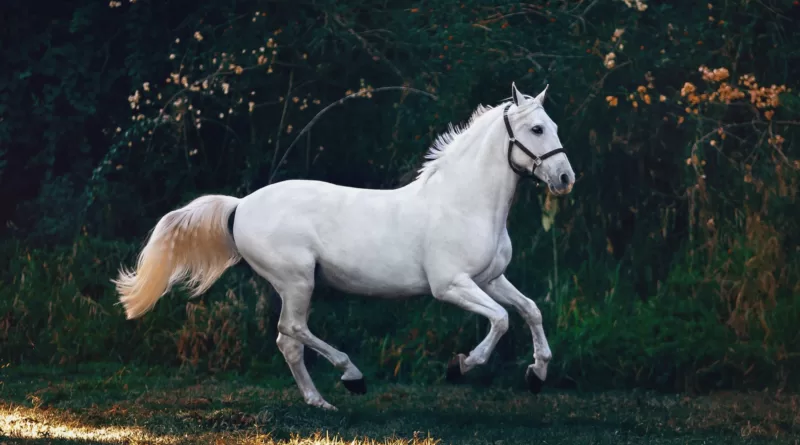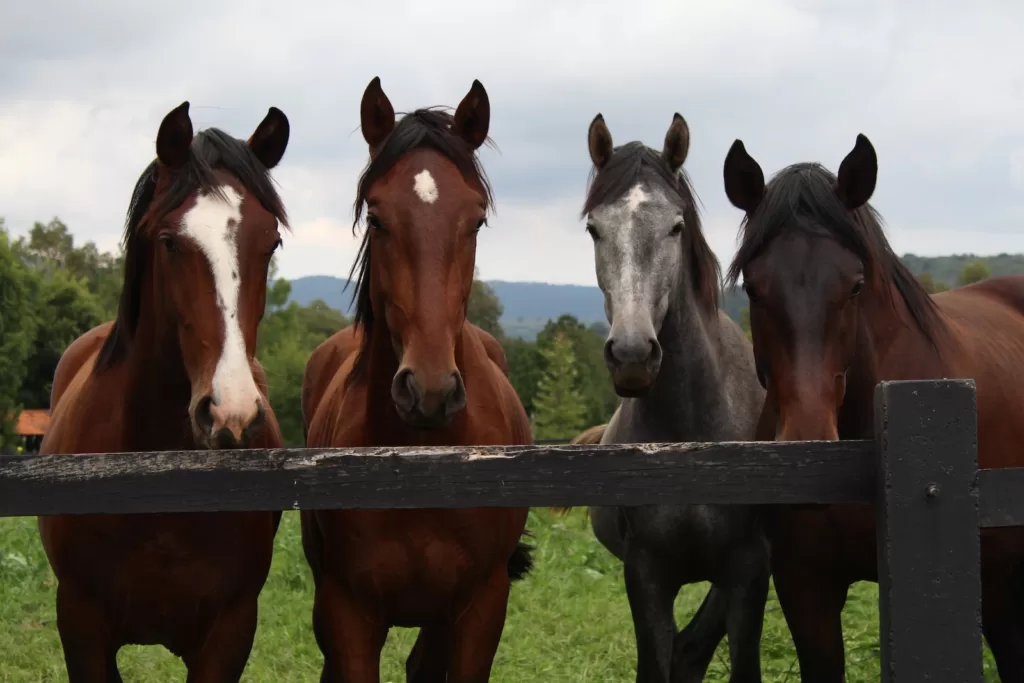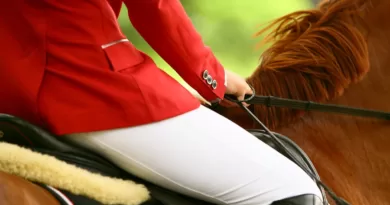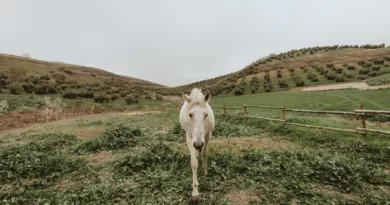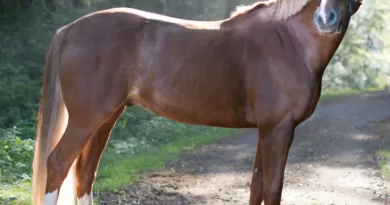How Long Do Horses Live For: A Comprehensive Guide
Introduction
Horses, magnificent creatures known for their strength and beauty, have been our companions for centuries. Understanding their lifespan is crucial for responsible horse ownership. In this guide, we’ll explore the various factors that influence how long a horse lives, milestones in their aging process, and practical tips for ensuring a long and healthy life for your equine friend.
Factors Affecting Horse Lifespan
Genetics
A horse’s genetic makeup plays a significant role in determining its lifespan. Different breeds have varying life expectancies, with some naturally predisposed to live longer than others.
Diet and Nutrition
Proper nutrition is essential for a horse’s overall health and longevity. A balanced diet that meets their specific needs at each life stage can significantly impact their lifespan.
Exercise and Activity Level
Regular exercise is vital for a horse’s physical and mental well-being. It helps maintain healthy weight, strong muscles, and a sharp mind, all of which contribute to a longer life.
Veterinary Care
Routine veterinary check-ups are crucial in identifying and addressing any health issues early on. Vaccinations, dental care, and preventative measures recommended by your veterinarian can extend your horse’s life.
See Also: How long do horses live? Amazing Facts About Horses’ Life
Common Breeds and Their Average Lifespan
Arabian
The Arabian horse, known for its endurance and elegance, typically lives between 25 to 30 years, making it one of the longer-lived breeds.
Thoroughbred
Thoroughbreds, renowned for their speed and agility, have an average lifespan of 25 to 30 years.
Appaloosa
Appaloosas, known for their distinctive coat patterns, often live between 25 to 30 years.
Morgan
Morgan horses, versatile and intelligent, have a lifespan of 30 to 35 years on average.
American Paint Horse
These strikingly patterned horses typically live between 25 to 30 years.
Aging Milestones in Horses
Foalhood (0-6 months)
The first six months are crucial for a foal’s development. Proper nutrition and socialization are paramount during this stage.
Yearling (1-2 years)
Yearlings undergo significant growth. They should be provided with balanced nutrition and proper training.
Adolescence (3-5 years)
During this phase, horses continue to grow and develop both physically and mentally. Training and exercise routines should be tailored to their age and capabilities.
Adulthood (6-15 years)
In their prime years, horses require regular exercise, a balanced diet, and preventative veterinary care to maintain optimal health.
Senior Years (16+ years)
As horses age, their nutritional needs may change, and they may require specialized care. Regular check-ups become even more critical to catch and address age-related issues.
Tips for Increasing Horse Lifespan
Balanced Diet
A well-balanced diet is the cornerstone of a long and healthy life for your horse. It should include a mix of quality forage, grains, and supplements tailored to their individual needs. Regular access to fresh water is also crucial.
Regular Exercise
Engaging in regular, appropriate exercise is vital for maintaining a healthy weight, strong muscles, and good cardiovascular health. This could include riding, turnout in a pasture, or engaging in equine sports.
Preventative Veterinary Care
Regular check-ups with a qualified equine veterinarian are essential for early detection and treatment of any potential health issues. Vaccinations, dental care, and deworming schedules should be adhered to.
Mental Stimulation
Just like humans, horses benefit from mental stimulation. Providing toys, puzzles, and varied environments can keep their minds active and engaged, contributing to a higher quality of life.
Signs of Aging and How to Care for Older Horses
Dental Care
As horses age, their teeth may wear down, making chewing difficult. Regular dental check-ups and adjustments are crucial for maintaining proper nutrition.
Joint Health
Arthritis and joint issues become more common as horses age. Supplements, gentle exercise, and providing comfortable bedding can help alleviate discomfort.
Senior-Specific Feeding
Older horses may have specific dietary needs. Softer feeds, senior horse formulas, and easy-to-chew forage can help ensure they receive adequate nutrition.
Monitoring Weight and Body Condition
Maintaining a healthy weight is vital for an aging horse. Regularly assessing their body condition and adjusting their diet and exercise routine accordingly can help prevent obesity or undernourishment.
Case Studies: Exceptional Longevity in Horses
Old Billy
Old Billy, an English draft horse, holds the record for the oldest verified age of a horse, living to an astounding 62 years.
Sugar Puff
Sugar Puff, a Welsh pony, lived a remarkable 56 years, exemplifying the benefits of excellent care and attention to her needs.
Orchid
Orchid, a Thoroughbred mare, lived a healthy and active life for 47 years, thanks to dedicated owners and proper veterinary care.
Conclusion
Understanding how to care for horses throughout their lives is paramount for ensuring they enjoy long, healthy, and happy existences. By considering their unique needs at each life stage, and providing proper nutrition, exercise, and regular veterinary care, you can significantly impact their lifespan and quality of life.
FAQs
- What is the oldest recorded age of a horse?
- The oldest verified age of a horse is 62 years, held by Old Billy, an English draft horse.
- How can I estimate the age of a horse?
- You can estimate a horse’s age by examining its teeth, checking for physical signs of aging, and considering any known history or records.
- Do different breeds have different lifespans?
- Yes, different horse breeds have varying average lifespans. Factors such as genetics, care, and diet can influence lifespan.
- What are common health issues in older horses?
- Common health issues in older horses include arthritis, dental problems, weight management, and joint issues.
- How can I provide the best care for my aging horse?
- Provide a balanced diet, regular exercise, routine veterinary care, and mental stimulation. Monitor their weight and body condition, and adjust their care as needed.
Enjoyed this article? You May Also Like:
- Learn in 5 minutes about Cryotherapy for Horses
- Penicillin in Horses; Impeccable Guide in 10 minutes
- Excede Antibiotic For Horses, Fantastic Facts in 5 minutes
- The Science of Oxytocin in Horses: How This Hormone Influences Equine Behavior
- Can Horses Swim? Everything You Need To Know About Horse Swimming

